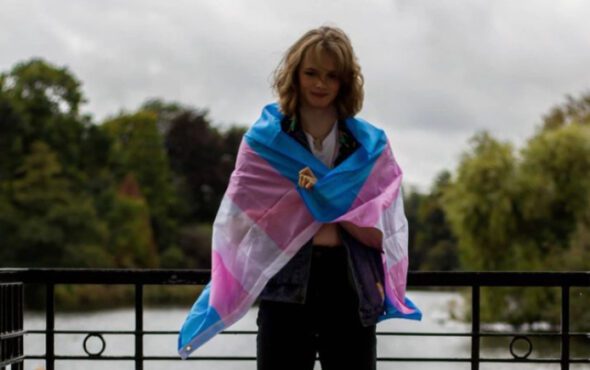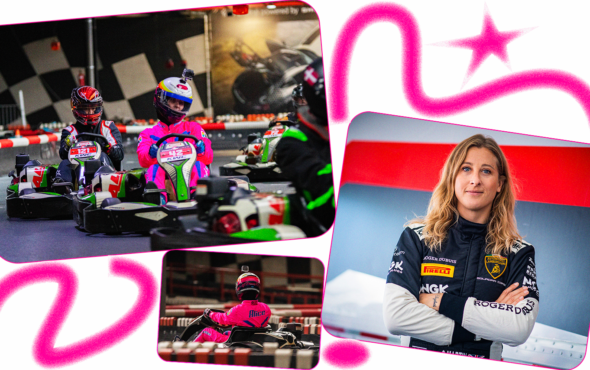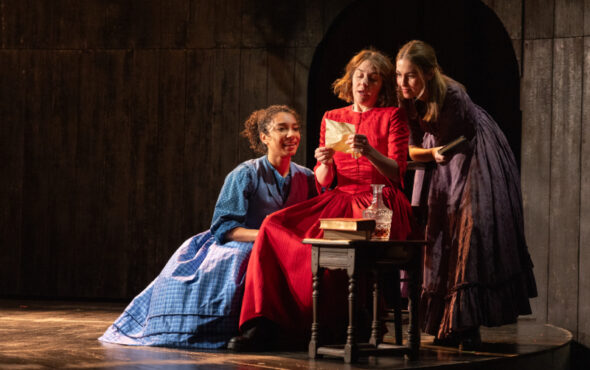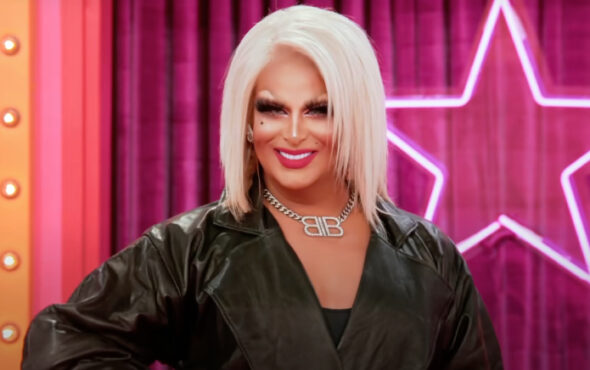
Cyclist Emily Bridges spoken about her dream to represent Wales at the Commonwealth Games, in spite of bans on trans participation.
The record breaker has made a documentary with ITV Cymru about her experience as a trans woman elite cyclist, titled “Race to Be Me”.
“I love Wales and it’s a dream to be in that Welsh jersey in the Commonwealth Games,” she said.
This is despite a ban by British Cycling on trans participation in the sport, pending review.
The organisation intends to publish the review update in 2023: “We want to ensure that the review and development of the policy is robust, and we understand that this period has caused frustrations.”
Previously, a British Cycling policy had allowed trans women to compete if their testosterone levels are below five nanomoles per litre for at least 12 months.
The Union Cycliste Internationale, the international sports cycling governing body, prevented Emily from competing in the British National Omnium Championships earlier this year because of a technicality.
The 21-year-old hopes the British Cycling review will mean she is able to compete again, adding: “I was heartbroken [at not being able to ride]. I’ve felt a much deeper connection to being Welsh since transitioning and losing the opportunity to represent my country really hurt.”
Emily has faced serious online abuse for her high profile position, especially after former Prime Minister Boris Johnson supported banning trans women from competing in high level sport.
She continued: “This isn’t about sport for me, it’s so much more and trying to fight in the way I can and know how to. Sport is being used as a proxy to hate and attack queer people. Enough is enough.”
She also explained why the bans on trans women competing in elite sports are unfair: “Every athlete wants fairness in our sport, or as close as we can come to it.”
“Sport never has been or will be completely, 100% fair,” Emily added. “Whether we are talking about the fact that tall women will almost always be better at basketball, or that women from poorer countries have fewer resources to work with than women from richer countries.”
She referred to robust scientific evidence for the fairness of trans participation: “Multiple studies … use actual measures of sporting performance, not just easy proxies like hand grip strength or lean body mass which can be unreliable predictors for sporting performance.”
“I am not a man, and I hope this documentary shows that trans women and cis women have so many similarities, be they hormonal, physical and in a sporting context, or in the way we face the same fights for much of our existence, and experience sexism in similar ways,” she pointed out.
She concluded: “All we as trans athletes deserve are the same opportunities.”



